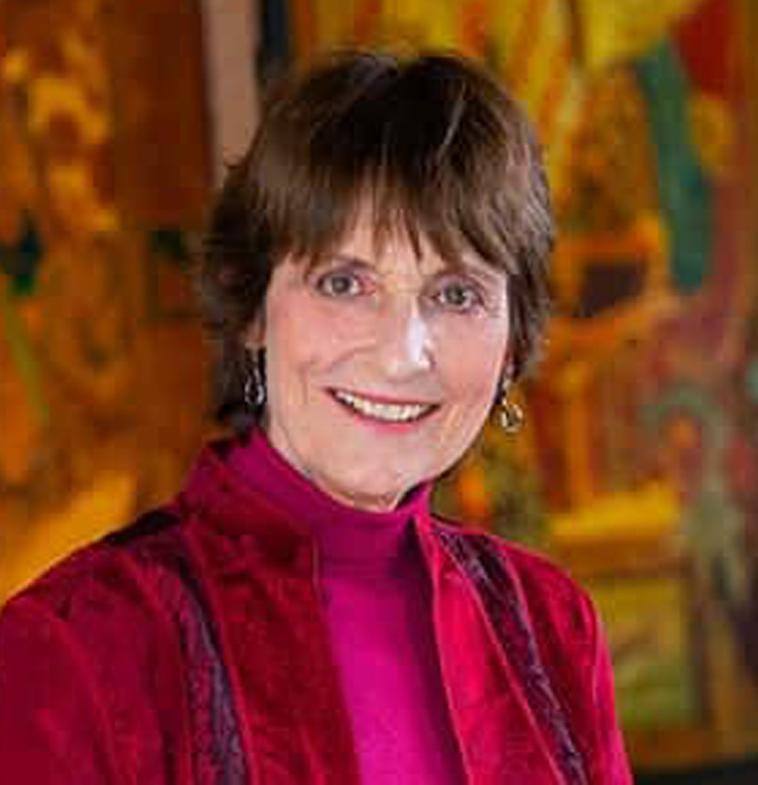 As president of the National Organization for Women (NOW), Christian F. Nunes is shaping the future of feminism in the United States. Her unique position as the second African American president in the organization’s history, combined with her being the youngest person of color and youngest president in more than 40 years, signals a significant shift towards a more inclusive and intersectional approach to feminism and equal rights activism.
As president of the National Organization for Women (NOW), Christian F. Nunes is shaping the future of feminism in the United States. Her unique position as the second African American president in the organization’s history, combined with her being the youngest person of color and youngest president in more than 40 years, signals a significant shift towards a more inclusive and intersectional approach to feminism and equal rights activism.
Christian’s background is deeply rooted in social work, advocacy, and community organizing. That perspective and experience is helping her to expand the organization’s sphere of influence and scope of work to include advocating for marginalized communities and the realization that feminism has many facets.
Under Christian’s leadership, NOW has launched significant initiatives, such as the Unlock the Future campaign, which demands humane treatment for detained immigrant families, and spearheaded the creation of a Bill of Rights for Immigrant Women and Girls. These efforts not only highlight her commitment to feminist principles but also her dedication to addressing the complex intersections of gender, race, and immigration status.

She is a force, and an agent of change, who ironically, as a young woman, did not identify with the term “feminism.” “I never really considered myself a feminist,” Christian says, “I didn’t use the terminology ‘feminist’ but is led by very strong women, matriarchal women, and we always believed in supporting women and believed women were able to do whatever they wanted to do.”
Despite not initially identifying with the term “feminist,” Christian’s exposure to NOW’s Campus Action Network chapters while she was in her twenties opened her eyes to the movement’s alignment with her deeply held beliefs in supporting and empowering women, especially those from traditional Black women-led households.
At the helm of NOW, Christian pushes for an understanding of how the experience of gender inequality and discrimination is personal and influenced by a combination of individual factors and biases, like racism and sexism, as they relate to feminism.
“Intersectional feminism is where we truly embrace the inclusion and diversity of feminism,” she explains. “We understand that every person’s journey and experience of feminism is very different and their experience of oppression impacts what they experience as a woman and what they encounter on their journey to equality, justice, and fairness.”
She describes intersectional feminism as how these multiple layers add up to create a unique experience of oppression for different women. For example, a CIS gender white women who is experiencing poverty may result in only one additional layer of oppression because she is in poverty, but a woman who is disabled and queer is going to experience two additional layers of oppression. If you add being a woman of color to that, you have another layer of discrimination and oppression, which totals four and possibly more intersections of discrimination.
One of Christian’s most poignant reflections on her role and the importance of NOW’s work comes from her own experiences as a Black woman. She emphasizes the need to create safe spaces where women and girls can feel heard and valued while being their authentic selves, a mission that is deeply personal to her. Her aim to establish NOW as a protective and empowering space for all women underscores the organization’s evolution under her guidance.
As NOW continues to push for systemic change, the support and involvement of a diverse coalition of activists are vital in realizing a world where all women can thrive free from discrimination and oppression. If you would like to learn more about Christian and NOW and how you can get involved, visit www.now.org.
Listen on Red Circle | Apple Podcasts | Spotify | Watch on YouTube

